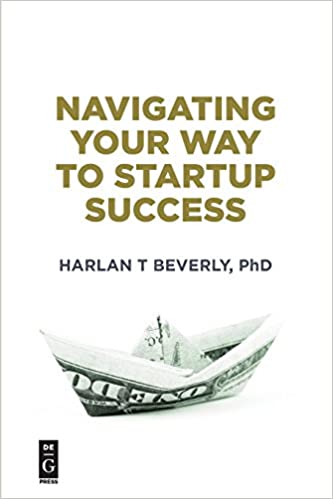This is a call for a more universally agreed on definition of entrepreneurship, startup and small business.
My proposal is simple:
Startup – a new business of any kind (big, small, or entrepeurial)
Entrepreneurship – the study of “novel” businesses which has the opportunity to “grow big”
Entrepreneur – a person who has founded or cofounded a “novel” startup which could or did “grow big”.
Small Business – a private non-novel business, with a known risk/reward profile based on prior businesses of that type.
Discuss…
Facebook Comments


Entrepreneurship is not a new term. It's been in existence as a business term since the mid-1800s (before the internet for those that think the world started with ARPANet).
The business dictionary definition is: "The capacity and willingness to develop, organize and manage a business venture along with any of its risks in order to make a profit. The most obvious example of entrepreneurship is the starting of new businesses."
Webster defines it as: 'he activity of organizing, managing, and assuming the risks of a business enterprise.'
There is a big difference between the types of startups and the type of entrepreneurial ventures. It's why there are disciplines and government agencies around the world focused on small business entrepreneurship, technology entrepreneurship (where businesses usually have to grow big to be sustainable), and social entrepreneurship.
Just because technology entrepreneurship is different and has different goals, it doesn't mean that the person starting a new manufacturing company, a service company, a retail store, or a non-profit agency is any less of an entrepreneur than the high tech person. As a matter of fact, it could be argued that a person that starts a small business with their own money or family money takes more personal risk than many tech entrepreneurs that rely on venture capital and angel funding.
This is great that you raised this discussion because it's a very needed conversation in the new venture world. It's a similar debate to the one around Lean Startup versus traditional business planning. Thanks for encouraging the discussion.
Great points, and I agree, this kind of debate is needed. Today, words get tossed around like they mean nothing and everything: and that doesn't sit well with me. (makes it hard to communicate)
In fact, I'm looking to distinguish the kind of business where there is something 'so new' that it makes it very hard to know how to proceed. New business model, new product, new service, something about it is novel; leading to it being a deep unknown as to risk/reward. What is that called?
I think we need to define this because it calls for a different approach; one should consider "lean startup" for example, because lean reveals the assumptions and systematically tries to learn if they are true or not. Thereby slowly reducing risk of the 'complete unknown'.
This is different than small business, where methods and techniques are likely well established (for example, choosing a good location for a restaurant is a top factor in success: proven).